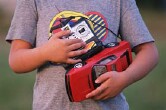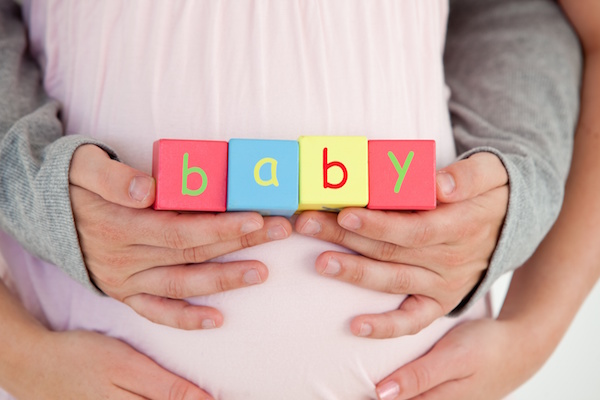
MONDAY, Dec. 19 (HealthDay News) — Most parents who come into Top Ten Toys in Seattle are concerned about the safety of the toys they buy, asking about toxins like lead and chemicals in plastics like BPAs, the store’s buyer/manager, Kathie Dockstader, said.
“They want to know about the safety procedures, and we tell them there are very strong toy safety laws in effect now,” Dockstader said. “Each and every single product has to be tested.” She said her store obtains a certificate of compliance from every toy manufacturer with which they do business.
But she said a growing number of parents also come in asking about toys that will help aid their kids’ development. “A lot of parents get caught up in the media hype about what’s good for kids,” she said.
But to Dockstader, it’s important that kids are “able to explore and learn from their environment” and “have the freedom to express themselves.”
That’s why her store sells toys that are “kid-powered,” offering open-ended opportunities for kids to explore and imagine and play, she said. From among the 15,000 toys sold there, favorites include things as simple as blocks, crayons and art supplies, as well as construction toys, action figures and dolls.
“We have very few battery-operated toys in our store,” Dockstader said. “It gives the kid an opportunity to develop social interaction, fine motor skills and speech.”
The store also carries no computer software, nor does it sell any CDs or DVDs aimed at encouraging a baby’s ability to think and reason. Dockstader said that research has shown that too much video stimulation can hamper a child’s development, so her store steers clear of those products.
Dockstader instead points to toys that let a child learn while playing, noting that one might help develop pre-reading skills while another can help develop problem-solving capabilities.
“I think you can have a lot of fun with toys and have a good base for development,” she said. “Children are learning while they’re playing, and they don’t know they’re learning.”
To help parents choose good toys, the store’s staff will ask a variety of questions about the child’s age and abilities, Dockstader said. That’s because a common challenge for parents and other toy-buyers is picking out toys that are right for a kid’s particular level of development. It’s natural, she said, for parents to think their child is incredibly brilliant, but selecting a toy that’s too advanced can lead to the kid becoming frustrated and losing interest in the toy. On the other hand, picking out a toy that’s too simple can lead to boredom.
“That can be hard, to find that right balance,” Dockstader said. “Parents sometimes have a tendency to forget it’s O.K. to get something on the child’s level.”

